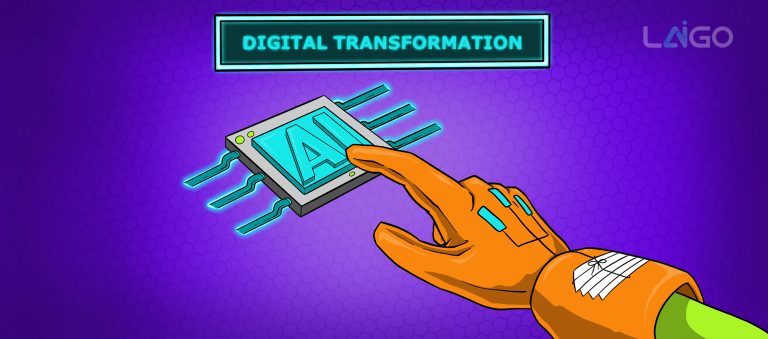How software vendors can delight their customers with AI
Software has the character of a perpetual construction site. The environments in which software is used are constantly changing, so it must be adapted to developments. Aspects of protection and security play a significant role, as does functionality. Requirements come from different directions: on the one hand, interested parties and customers request new features that make their work easier, faster, and with better results. On the other hand, software vendors (ISVs, Independent Software Vendors) themselves are interested in enabling their customers to achieve efficiency gains through smart, innovative functions and to stand out from the competition.
Trend Technology: Artificial Intelligence
The trending technology today is Artificial Intelligence. Most companies have realized that using AI-based functionality can significantly increase efficiency, resulting in cost, time, and resource savings, as well as competitive advantages. However, only large companies are usually able to develop AI projects themselves. Many smaller companies lack the knowledge, personnel, and financial resources needed to do so. Therefore, they depend on the software they use to be equipped with AI functionality in order to continue working efficiently and maintain their market position.
This is where software vendors come in. However, what applies to companies also applies to Independent Software Vendors (ISVs): not all of them can afford to develop their own AI competence. The large manufacturers have not only cleared the specialist market, but as early adopters, they also have a head start in know-how and experience. Smaller ISVs that do not want to do without offering optimization potential to their customers through smart tools are dependent on purchasing AI functionality.
Software development close to the customer
Specialized service companies like Laigo offer ISVs various forms of assistance. No-code platforms for machine learning enable ISVs to develop their own AI models without specialized knowledge, which they can easily integrate into their own applications. Alternatively, they can use pre-built function packages provided by the service provider. These may include functions for text recognition, document classification, or data extraction in the area of document processing, for example.
With such standard functions, ISVs can cover processes that are similar in many companies. They can quickly provide added value to their customers and take digitization in customer companies to a new level, which forms the basis for further optimizations up to the automation of entire processes, such as in accounting. On the no-code platform, they can use their industry-specific knowledge and experience from their market segment to develop unique functions for their customers, with which they can also, unlike large, globally operating manufacturers, map the peculiarities of smaller markets such as the EU or Europe.
In other words, ISVs are provided with a tool with a no-code platform that allows them to work very closely with the needs of their customers and to secure customer loyalty and competitive advantages in their market.
Conclusion
Software vendors are increasingly equipping their solutions with AI-powered functionality, and increasingly AI is being used by customers: More than ten percent of companies in Germany were using smart functionality in 2022, according to research, nearly double the number in 2019; globally, Accenture sees AI use in twelve percent of companies at a competitive advantage level, also in 2022. For smaller ISVs, specialized service providers take away the burden of building their own development resources by providing standard smart functionality to embed and easy-to-use platforms for developing AI-powered functions. On this basis, ISVs can keep pace with current technical developments and customers’ growing demands for modern software at moderate costs.



